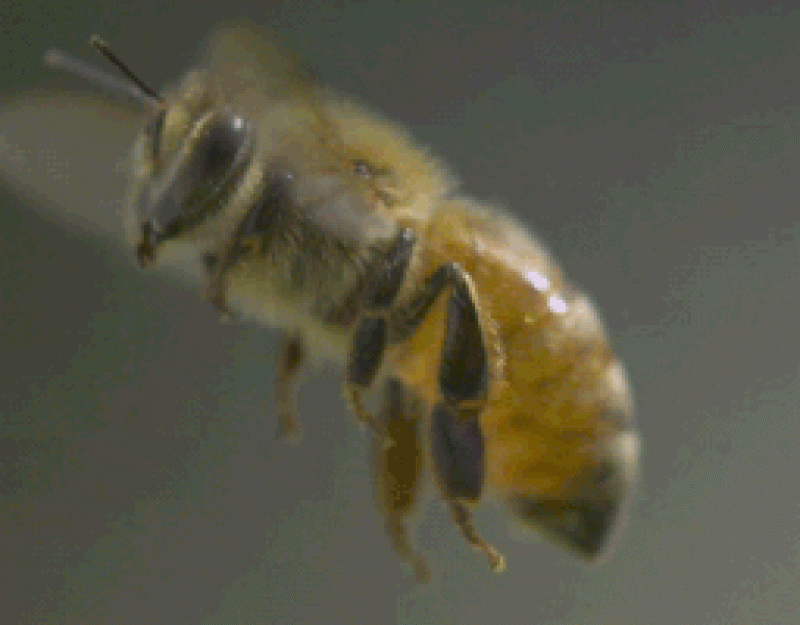Experts believe that multiple factors must be at play in the bees’ plight. The main suspects are referred to as the four Ps: parasites, poor nutrition, pathogens and pesticides. The parasites include tiny Varroa mites that feed on bees’ body fluids. The Asia natives have spread through international trade in bees and beekeeping equipment, and now afflict hives in every beekeeping country outside Australia, which has held them off through strict controls. Poor nutrition reflects a widespread loss of flowers in rural landscapes because of the rise of industrial farming practices over the past 60 years; varied farms have given way to vast monocultures that are efficient for growing crops but only provide bee-sustaining flowers for a few weeks a year.
The list of pathogens carried by bees includes fungal infections and wing-deforming viruses, many of which get moved around with international trade. Pesticides have gotten the most attention of the four Ps, and the European Union cited bee concerns in their recent ban of a popular class known as neonicotinoids—but with hundreds of chemicals on the market, it’s nearly impossible to tease out individual effects. Products that pass “bee safe” tests in a laboratory can become unsafe when mixed with the fungicides or herbicides often sprayed on the same fields.
This essay is adapted from Thor Hanson’s book ‘Buzz: The Nature and Necessity of Bees,” released on July 10th.
Read full, original article: The Plight of the Humble Bee (behind paywall)































